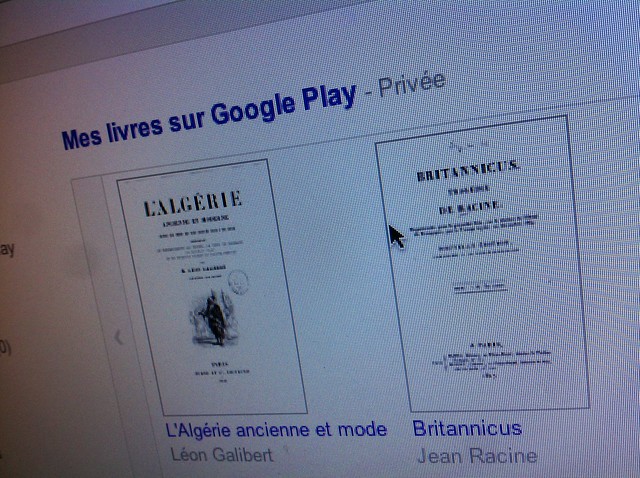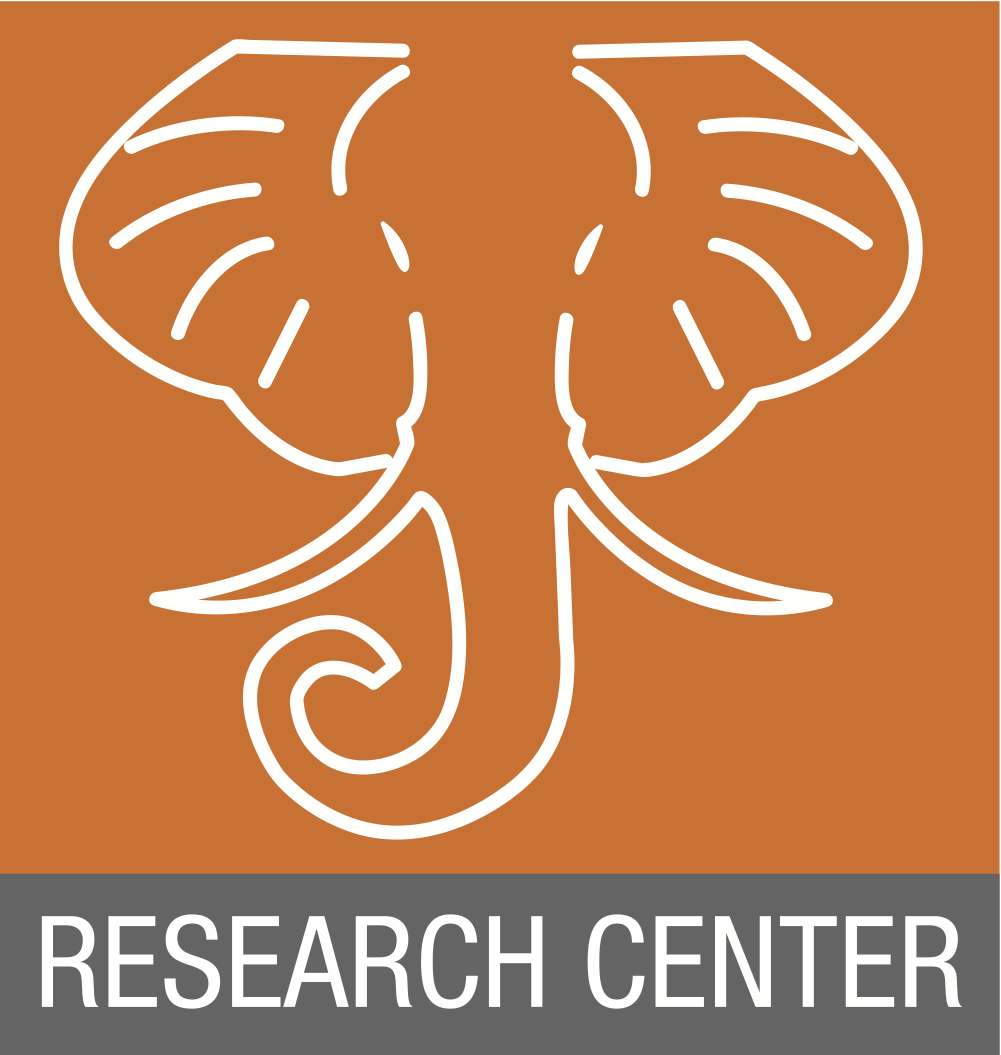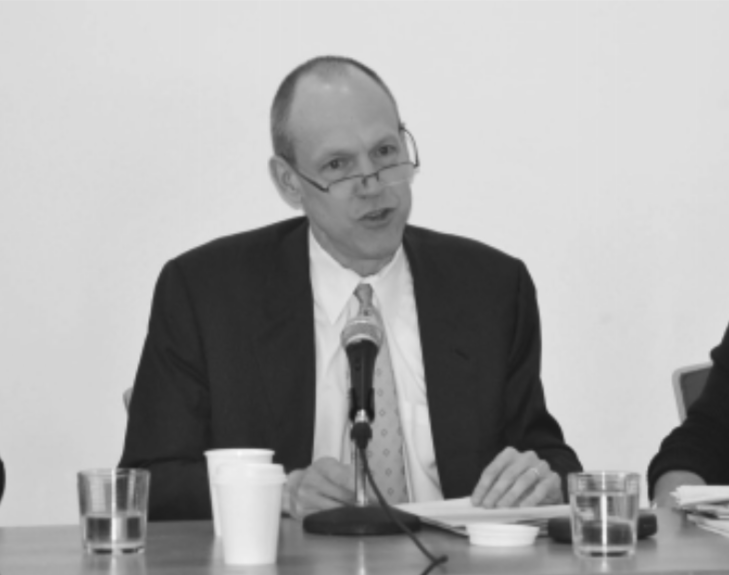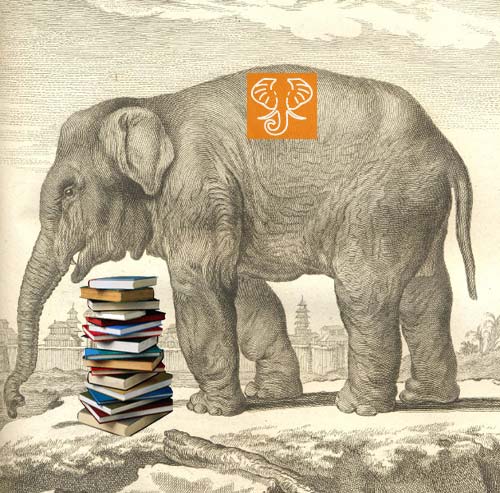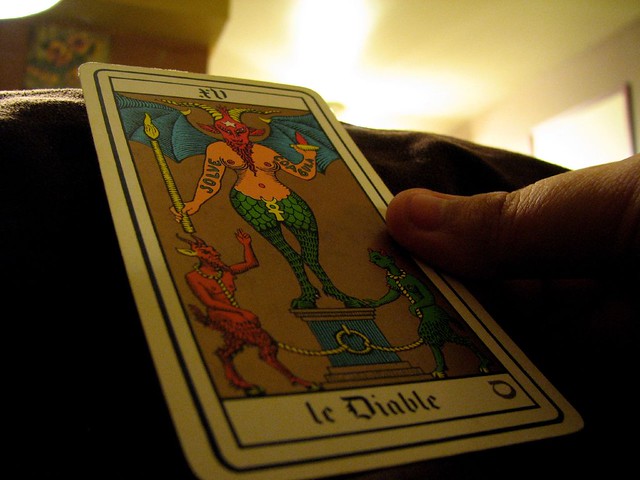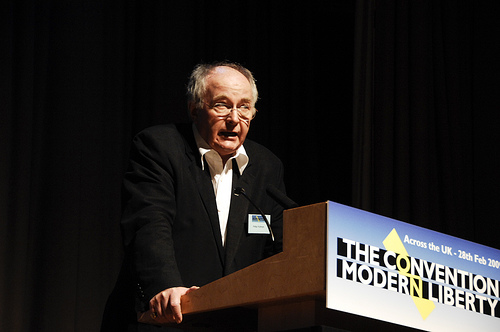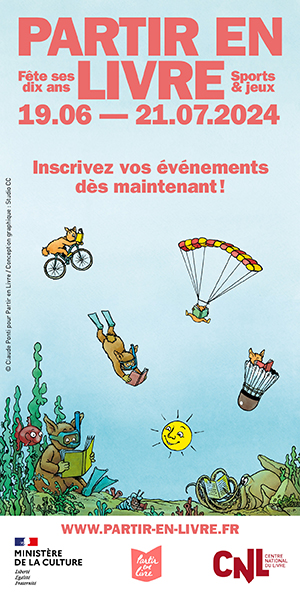The Authors Guild
Dossiers

Courir ou mourir : Le Labyrinthe, la saga de James Dashner
Depuis la publication du premier livre en 2009, la saga Le Labyrinthe (titre original : The Maze Runner), écrite par James Dashner, a marqué une génération d'adolescents et jeunes adultes par son intrigue captivante, ses personnages attachants et sa représentation métaphorique des défis de l'adolescence. Cette saga dystopique a séduit des millions de lecteurs à travers le monde et a inspiré une série de films à succès.

Livres, actualités : tout sur Andrée Chedid
Née le 20 mars 1920 au Caire, en Égypte, sous le nom Andrée Saab, Andrée Chedid y mène ses études, apprenant le français et l'anglais, et utilisant de manière ponctuelle l'arabe. Avec son mari Louis Selim Chedid, qu'elle épouse en 1942, elle part au Liban l'année suivante, où elle publie son premier recueil poétique, On the Trails of My Fancy, sous le pseudonyme A. Lake.

Foire du Livre de Francfort 2019 : la Norvège à l'honneur
La Foire du Livre de Francfort 2019, 71e édition, se déroulera du 16 au 20 octobre. L'un des plus importants salons du monde du livre européen fera cette fois une place d'honneur à la Norvège. « The dream we carry », ou le « Le rêve que nous faisons », titre du programme mis en œuvre par le pays, promet beaucoup, et notamment des focus sur la liberté d'expression et sur les auteurs et livres féministes.
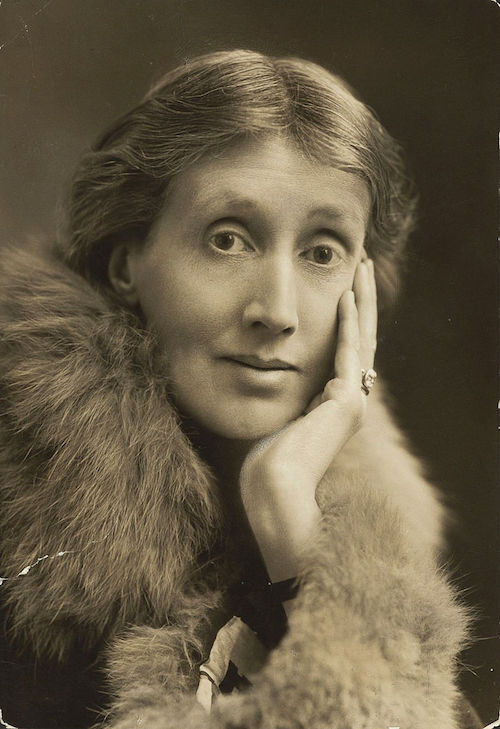
Livres, actualités : tout sur Virginia Woolf
Née Adeline Virginia Alexandra Stephen en 1882, Virginia Woolf grandit dans une famille aisée, où elle dispose d'un accès facilité à l'art et à la culture de son époque. Les disparitions de sa mère, en 1895, de sa demi-sœur puis de son père fragilisent toutefois son état émotionnel : elle devient sujette aux dépressions nerveuses. En 1915, elle publie son premier roman, The Voyage Out, après quelques années d'activité au sein du supplément littéraire du Times.
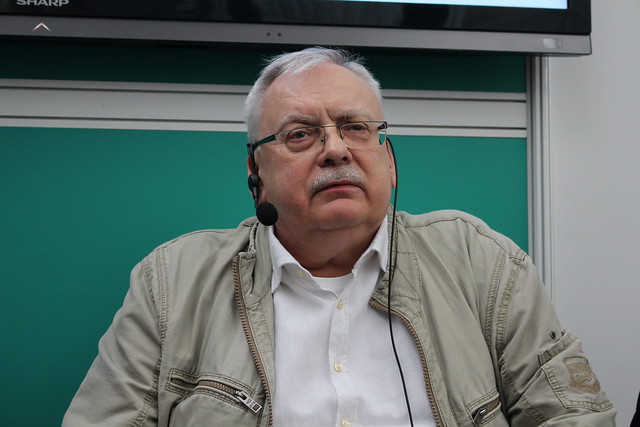
Livres, actualités : tout sur Andrzej Sapkowski
Né le 21 juin 1948 en Pologne, Andrzej Sapkowski imagine le personnage du sorceleur dans une nouvelle, publié en 1986 dans la revue Fantastyka. Geralt de Riv, sorceleur mutant, utilise potion et signes pour venir à bout des monstres, créatures difformes comme humains, qu'il croise sur sa route ou qu'il est payé pour chasser. Après plusieurs recueils de nouvelles et romans, la série du Sorceleur est devenue une référence du genre fantasy.

Pour Noël, offrez-vous une cure d'imaginaire
Voyager à travers des mondes imaginaires, à la rencontre de personnages fantastiques, explorer des univers de magies, ou de science futuriste, croiser des créatures légendaires, voire monstrueuses, prendre part à des cérémonies avec des peuples féériques, ou extraplanétaires… Les littératures de l’imaginaire sont autant de portes ouvertes vers des ailleurs, qui vous tendent les bras.
Extraits
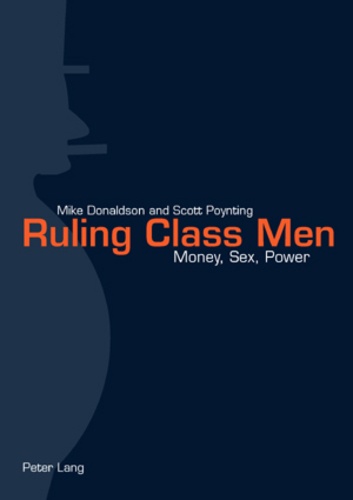
Non classé
Ruling Class Men
02/2007
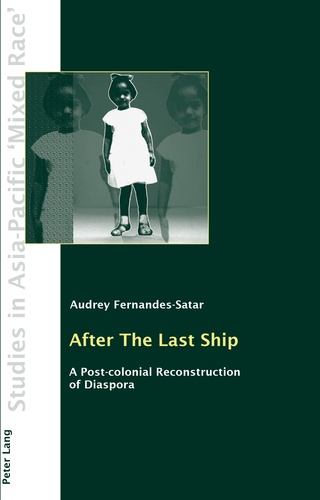
Histoire internationale
After The Last Ship
04/2014
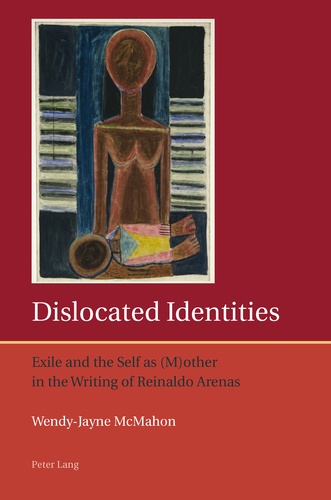
Non classé
Dislocated Identities
04/2012
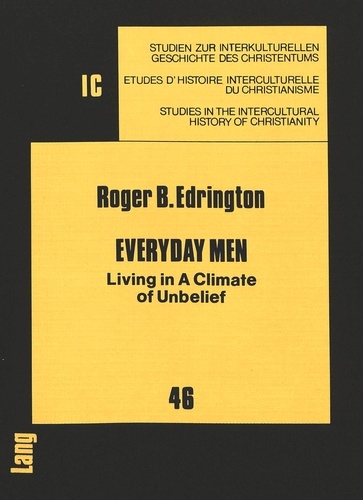
Religion
Everyday Men
08/1987
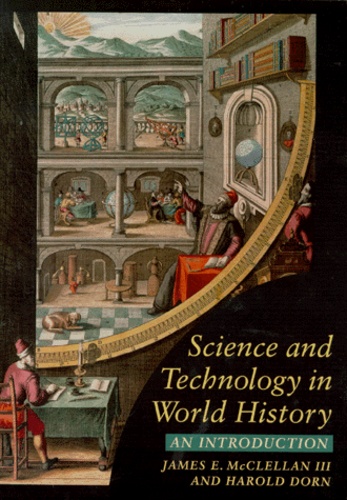
Histoire et Philosophiesophie
SCIENCE AND TECHNOLOGY IN WORLD HISTORY. An introduction
01/1999
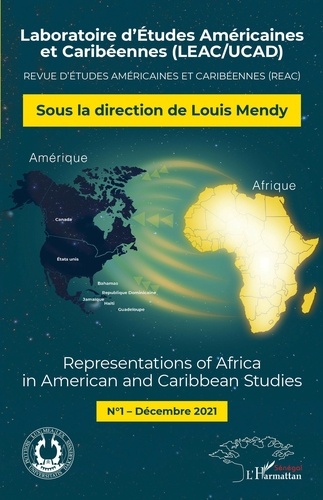
Sociologie
Representations of Africa in American and Caribbean Studies N° 1 Dédembre 2021. 1
02/2022





